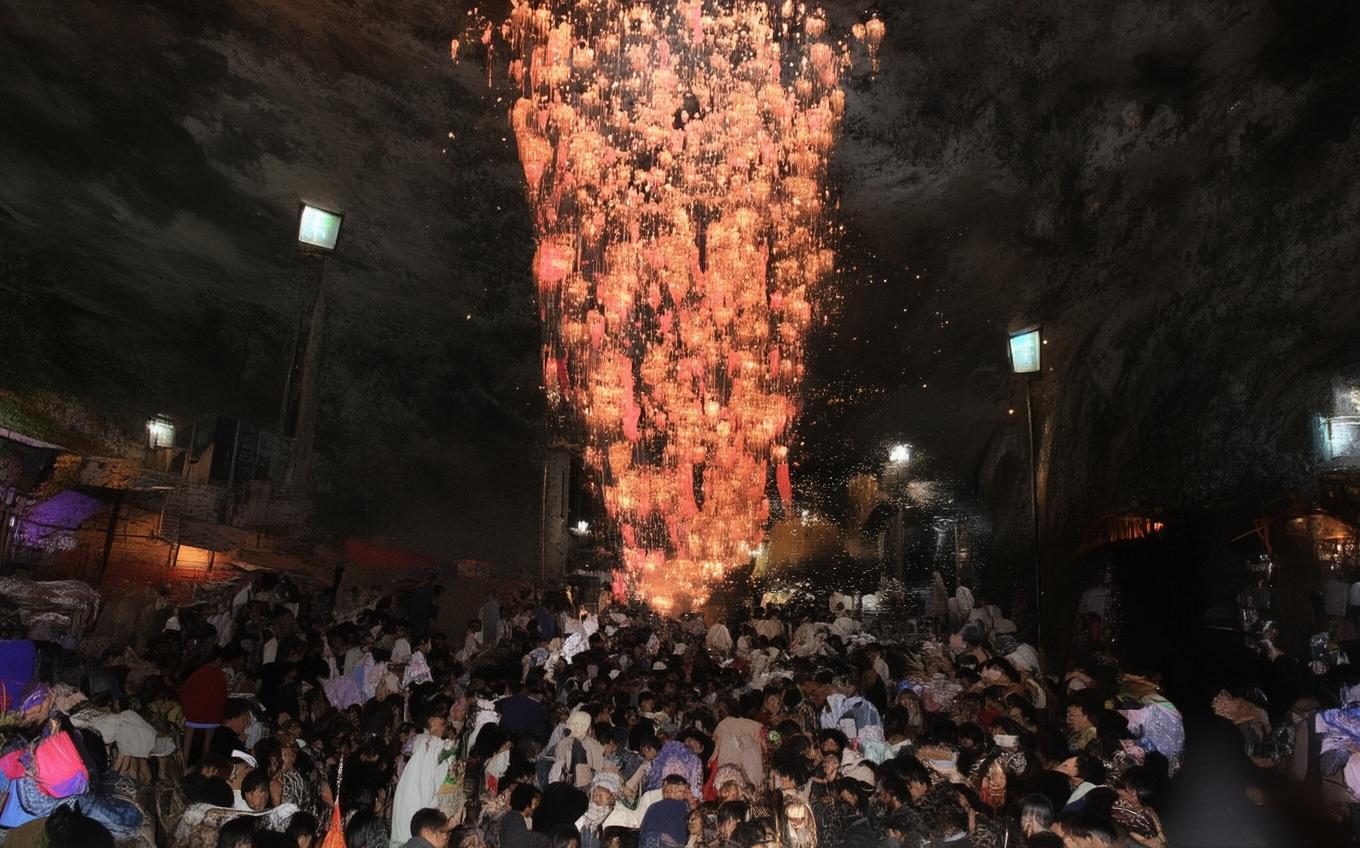Analysis of "竹枝词" - Classical Chinese Poetry
Introduction
The Zhúzhīcí (竹枝词), or "Bamboo Branch Songs," are a genre of folk poetry originating from the ancient Ba-Shu region (modern-day Sichuan and Chongqing). These poems often depict local customs, love stories, and daily life with a lyrical and sometimes melancholic tone. One of the most famous contributors to this genre is Liu Yuxi (刘禹锡, 772–842), a Tang Dynasty poet known for his ability to blend folk simplicity with classical elegance.
Liu Yuxi's Zhúzhīcí poems are celebrated for their vivid imagery and emotional depth. Among them, "竹枝词二首·其一" ("Bamboo Branch Songs, No. 1") stands out as a masterpiece of unrequited love and natural symbolism.
The Poem: Full Text and Translation
杨柳青青江水平
Yángliǔ qīngqīng jiāng shuǐ píng
Willows green, the river calm and wide,闻郎江上唱歌声
Wén láng jiāng shàng chànggē shēng
I hear my love singing on the tide.东边日出西边雨
Dōngbiān rì chū xībiān yǔ
The sun shines east, rain falls west,道是无晴却有晴
Dào shì wú qíng què yǒu qíng
You call it rain, yet love’s confessed.
(Note: The last line is a clever pun—"晴" (qíng, sunny) sounds like "情" (qíng, love/emotion).)
Line-by-Line Analysis
-
Willows green, the river calm and wide
- The opening line paints a serene riverside scene with lush willows, a common symbol of parting and longing in Chinese poetry. The calm water suggests stillness, mirroring the speaker’s quiet anticipation. -
I hear my love singing on the tide
- The distant song of the beloved introduces tension—while the speaker listens, there’s no direct interaction. The river ("江") often represents separation in classical poetry. -
The sun shines east, rain falls west
- This line contrasts opposing weather conditions, reflecting the speaker’s mixed emotions: hope (sun) and doubt (rain). The imagery also hints at the unpredictability of love. -
You call it rain, yet love’s confessed
- The pun on "晴" (sunny) and "情" (love) is the poem’s heart. Nature’s duality mirrors the beloved’s ambiguous signals—is the song just a tune, or a hidden declaration?
Themes and Symbolism
- Love and Uncertainty: The poem captures the bittersweet hesitation of unspoken affection. The singer’s intentions are as unclear as the weather.
- Nature as Emotion: Liu Yuxi uses weather and landscape to externalize inner turmoil—a hallmark of classical Chinese poetry.
- Folk Wit: The playful pun reflects the Zhúzhīcí tradition’s roots in oral folk culture, where wordplay often conveyed deeper meanings.
Cultural Context
Liu Yuxi wrote this during his exile in the Sichuan region, where he absorbed local folk traditions. The Zhúzhīcí genre was typically sung by young women, blending romantic longing with rustic simplicity. The poem’s brilliance lies in its duality: it’s both a universal love dilemma and a reflection of Tang-era rural life.
The "sun and rain" metaphor also aligns with Daoist principles of balance—opposites (yin-yang) coexisting, much like hope and doubt in love.
Conclusion
Liu Yuxi’s Bamboo Branch Song is a miniature masterpiece, weaving natural beauty, emotional complexity, and linguistic cleverness into four lines. Its enduring appeal lies in its relatability—anyone who’s ever wondered, "Do they love me?" understands the poem’s quiet tension.
Today, the poem reminds us that love’s language is often indirect, and nature remains a mirror for human feelings. For readers exploring Chinese poetry, this Zhúzhīcí offers a perfect gateway: short in form, but infinite in resonance.




Comments (0)
No comments yet. Be the first to comment!